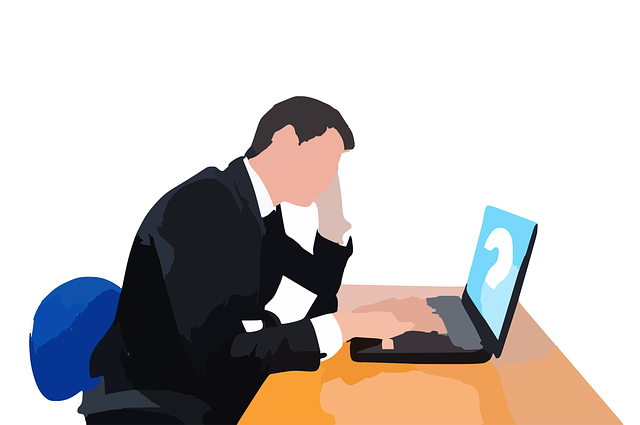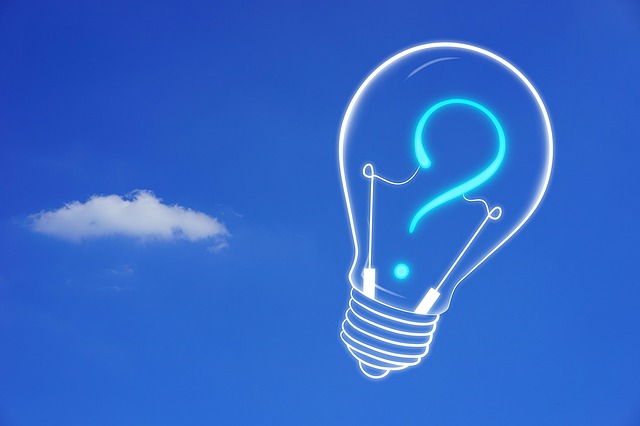Is Iodine From Kelp Safe?
What are the ingredients in sea-iodine?
Iodine [from Sea-Iodine™ Complex Blend (organic kelp and bladderwrack extracts, potassium iodide)] Other additives: microcrystalline cellulose, vegetable cellulose (pill), silica, stearic acid.
Where does iodine come from?
The iodine needed by the body must come from the diet. As a rule, there is terribly little iodine in food, unless it’s been added during processing. Processed food usually comprises more iodine due to addition of iodized salt. Most of the world’s iodine is present in the ocean, where it is focused by sea life, especially seaweed.
Is iodine the same as kelp?
Are you getting enough iodine?
Your body needs iodine to supply thyroid hormones like triiodothyronine (T3) and thyroxine (T4). But because not every person eats table salt or seafood (the common food source of iodine), many people aren’t getting enough.
Can I take 1000 mcg of iodine?
Why choose sea-iodine™ for thyroid health?
A healthy thyroid gland not only acts as your body’s thermostat, but it’s also one of the major maintainers of metabolism, including supporting fat burning for energy. Sea-Iodine™ proprietary formulation helps health-conscious people assist top-rated iodine levels, with out the salt.
How many mcg of iodine do you need a day?
What is iodine used for?
Iodine is a trace aspect commonly found in seafood. It enables the creation of thyroid hormones triiodothyronine (T3) and thyroxine (T4). Trace Element Essential For Life Iodine helps the creation of two vital thyroid hormones, triiodothyronine (T3) and thyroxine (T4).
What is sea-iodine?
Iodine is an vital, health-promoting trace aspect. Its fundamental organic role lies in helping the construction of thyroid hormones. Sea-Iodine™ adds 1,000 mcg of this a must-have element. and FREE SHIPPING.
How much iodine is in sea-iodine™?
Vitamins D and K with Sea-Iodine™ can provide 1,000 mcg of iodine to aid healthy iodine levels.
Does iodine interact with vitamin D?
No interactions were found among iodine and Vitamin D3.
Why vitamin D3 with sea-iodine™?
Our Vitamin D3 with Sea-Iodine™ formula offers 1,000 mcg of iodine derived from sea plants to assist fit iodine levels. Vitamin D is vital for keeping up healthy cognitive feature as you age.
What interferes with D3 absorption?
There are a few the reason why people may have trouble absorbing nutrition D. Some elements that can reduce or block its absorption come with: Conditions corresponding to celiac ailment, persistent pancreatitis, Crohn’s sickness, and cystic fibrosis.
Does Vitamin D3 have iodine?
…
Supplement Facts.
Serving Size 1 pill | |
Amount Per Serving | |
Vitamin D (as cholecalciferol) | 125 mcg |
Iodine [from Sea-Iodine™ Complex Blend (biological kelp and bladderwrack extracts, potassium iodide)] | 1,000 mcg |
What should you not take with Vitamin D3?
Possible interactions include:
What does iodine do for the thyroid?
Dr. Michael A. Smith, MD: Director of Education and Spokesperson for Life Extension. Iodine is a trace element essential for helping the creation of the thyroid hormones triiodothyronine (T3) and thyroxine (T4). The thyroid gland actively absorbs iodide from the blood in an effort to make and liberate these hormones.
Can I take sea-iodine™ with my multivitamins?
If your multivitamin already delivers 25-75 mcg (1,000–3,000 IU) of vitamin D, adding Vitamins D and K with Sea-Iodine™ can help achieve fit vitamin D levels. Vitamin D promotes a healthy inflammatory response, helps cardiovascular health and encourages fit endothelial function.
What are the benefits of sea-iodine™?
Benefits at a Glance. Supports bone density, cell differentiation, and immune health. Provides iodine, a trace mineral a must have to healthy thyroid characteristic. Helps counteract iodine deficiency in modern healthy diets. Shown to augment nutrition D levels with daily use. Sea-Iodine™ derived from biological sea algae.
What are the benefits of vitamin D and iodine?
Iodine is a must have for supporting thyroid hormone production. Maintaining fit diet D levels helps help cognitive, bone and immune system health. It also helps maintain already-fit blood force and supports a healthy inflammatory reaction, endothelial feature and more.



